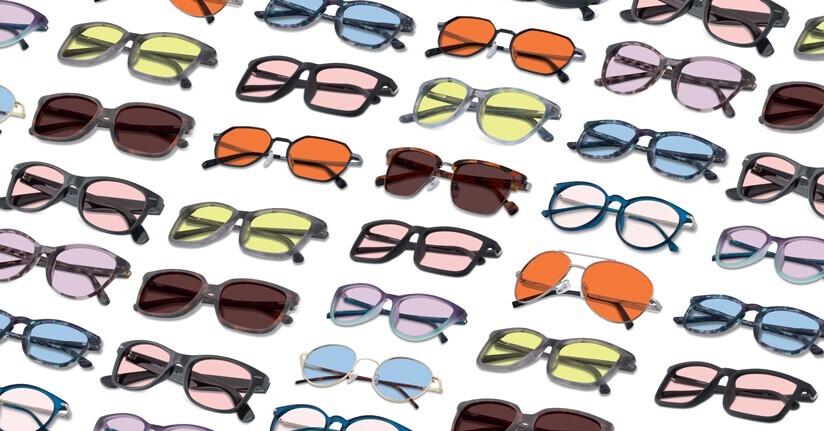An Introduction to Traumatic Brain Injury (TBI)
Traumatic brain injury (TBI) results from a trauma that damages the brain. Hitting your head (or having your head hit) can cause TBI, as can an object piercing the skull and entering the brain. Falls, car accidents, being hit by an object, hitting one’s head against an object, assault and sports are the primary reasons for emergency department visits due to mild TBI.
Concussion and TBI are often used interchangeably, but concussion is only one type of TBI.
TBI Classifications and Symptoms
TBIs are classified as mild, moderate or severe. The severity describes how much the injury impacts brain function. Please note that every brain injury – even a mild one – is serious and requires medical attention.
TBI-related light sensitivity and migraine attacks are common symptoms, regardless of severity. Additional mild TBI symptoms can include:
- Loss of consciousness for a few seconds or minutes, but a person may not lose consciousness at all
- Difficulty with concentration, memory, attention or cognition
- Confusion
- Headache
- Dizziness
- Lightheadedness
- Nausea or vomiting
- Sensory changes that affect vision, hearing and/or taste (including light sensitivity)
- Mood or behavior changes
- Fatigue or sleepiness
- Sleep disruption: trouble sleeping or sleeping too much
- Depression
- Anxiety
Moderate or severe TBI has the same symptoms as mild TBI and can also include:
- Loss of consciousness that can last hours
- Headache that doesn’t go away or becomes more severe
- Repeated vomiting or nausea
- An inability to wake up
- Pupil dilation in one or both eyes
- Intense confusion
- Agitation, restlessness or combativeness
- Slurred speech
- Inability to awaken from sleep
- Convulsions or seizures
- Weakness or numbness in fingers and toes
- Loss of coordination
References & More Information
- National Institute of Neurological Disorders and Stroke: Traumatic Brain Injury Information Page
- Mayo Clinic: Traumatic Brain Injury
- Centers for Disease Control and Prevention: Injury Prevention & Control – Traumatic Brain Injury

TheraSpecs® Glasses for Light Sensitivity
Find the glasses that fit your needs and lifestyle, and stay protected from screens, fluorescents, unwanted blue light, sunlight, flashing lights, and more.
Shop Now



